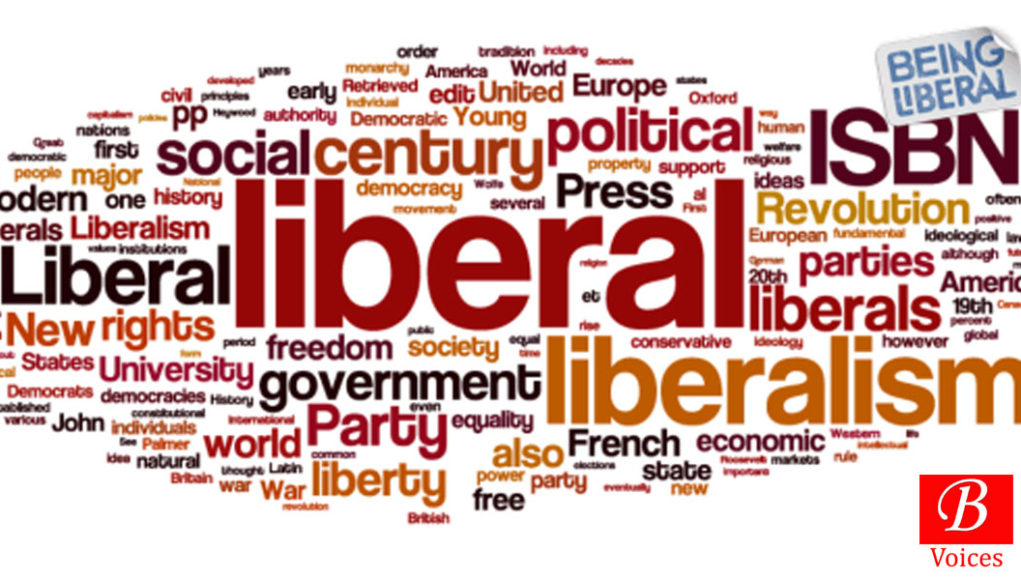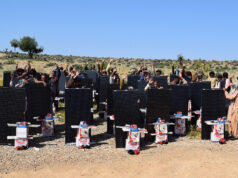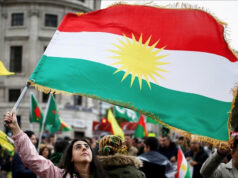Ayesha Shabbir
There were many events regarding religious issues in the past. Usually in those events non-Muslims were considered responsible. Nowadays in Pakistan, Muslims are blamed for insolence. Usually liberals show such sort of impression, and the main reason for this is the liberal thought and especially the notion of “freedom of expression” which we have adopted from the west according to which it is the fundamental right of every person that he/she can say anything against any person. The point is that in religion, especially in Islam, there is no concept of such freedom. Fatwas (verdicts) given by the Islamic scholars (Ulemas) exist about the insolence of Prophet Muhammad PBUH, and all the religious sects agree with it.
To add a note here, Allama Iqbal had considered Ghazi Ilm-o-Deen a martyr. Ghazi killed a Hindu in sub-continent who had committed blasphemy and was hanged by the British government. There is no place in Islam and society for those non-Muslims or liberals who disgrace the religious personalities. Muslims should not be a part of such discussions in which any word or sentence, directly or indirectly, might hurt someone else, and the situation may get out of control and lead towards chaos. Such events had happened in the past but the Question is why?
There might be different answers. Nowadays, social media is accessible to common men. Everyone considers it his/her right to express views on whatever the topic is. But in case of sensitive religious issue a little negligence may lead to dangerous results.
Sir Syed Ahmed khan, after war of independence in 1857, wrote a book “causes of Indian revolt” in which he tried to justify the position of Muslims in front of British rulers that Muslims were not their enemy but the reason of gap between the Muslims and British was misunderstandings. And these misunderstandings existed because British were not aware of the Muslim thoughts and culture. And they took some steps which were contradictory to Muslim ideology and culture.
It is true that if one is not aware of the culture and ideology of someone else, clashes may increase. A similar situation is prevailing in Pakistan regarding the issue of Blasphemy between two classes. One who is in majority, the religious class and all the religious sects, who agree on one point on this issue, and the second is liberal class. In this context, neither Muslims are ready to accept the disrespect in the integrity of Prophet PBUH nor do they allow someone to commit insolence in the name of freedom of expression.
On the other hand, the class of liberals who own the western concept of freedom, therefore, sometimes express such views under the cover of so called freedom of expression about Prophet PBUH which Muslims do not accept at all.
The point to be understood is that the liberalist idea of human rights presented by UN and the current western concept of freedom of expression are entirely different from that of Islamic perspective of freedom. Founding father of liberalism Kant gave the idea of enlightenment in these words:
“Enlightenment is man’s emergence from his self-imposed nonage. Nonage is the inability to use one’s own understanding without another’s guidance. It shows that liberalists do not follow the guidance given by religion, and a person who owns religious concepts cannot be a liberal.”
UN demands from all nations the acceptance of the notion of human rights and its implementation in states because its rules and values are universal and above all religions in the world. In western society, insolence is not considered a crime not only about Prophet Muhammad but about any other religious character; and it is the part of freedom of expression.
Finally, in Pakistan neither the roots of liberalism are strong nor do people of Pakistan accept the theories of western philosophers yet. Hence western rule of freedom of expression cannot be followed in case of religious personalities are defamed and snubbed.
Disclaimer: Views expressed in this article are those of the author and Balochistan Voices not necessarily agrees with them.
Share your comments!








